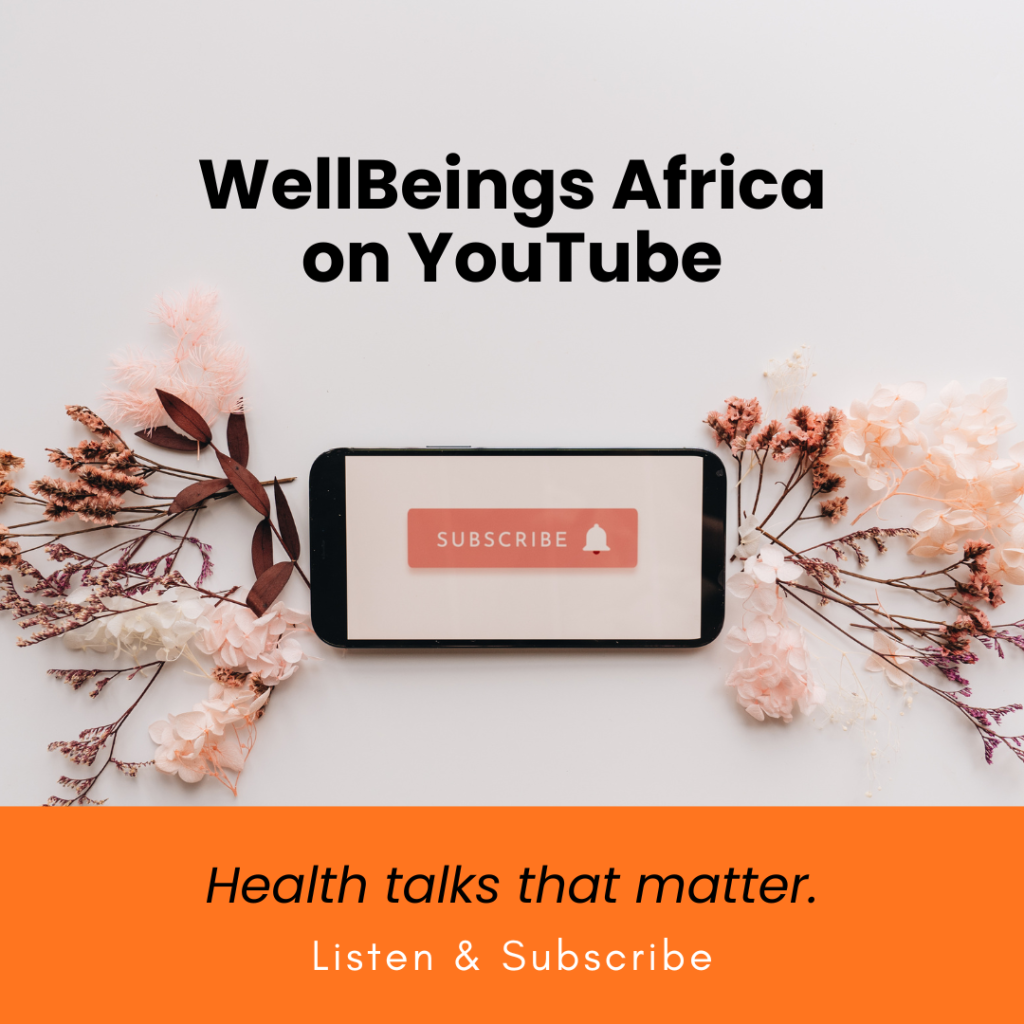Not sure if you have a cold or flu? Let’s learn more about how to manage both effectively
No one enjoys these unwanted visitors, yet like clockwork, they arrive. The problem is: what are you grappling with? Is it a cold or the flu?
Quick Read:
- You can think of a cold and flu as “cousins” – related but not exactly the same.
- Both a cold and flu are caused by contagious viruses.
- Spoiler alert: you don’t need antibiotics for both!
Here’s an easy way of remembering the difference between the flu and a cold. The flu is a virus that can make you feel really unwell. It can very quickly spread from person to person. A cold is the less intense relative of the flu.
Common flu symptoms
- Fever, chills, cough, sore throat, runny/stuffy nose, body pains, muscle aches, headaches, tiredness.
- See a doctor if you experience difficulty breathing, chest pain, persistent high fever, severe dehydration, confusion, or symptoms that worsen instead of improving.
Common cold symptoms
- Runny or stuffy nose, sneezing, mild fever, headache, and tiredness. You might also have a cough.
- See a doctor if you have an ear infection.
Knowing the difference between a cold and flu
The flu tends to feel more intense than a normal cold, and generally lasts longer. This means the symptoms of flu usually affect your daily routine more than a common cold.
Here’s another good way to know if it’s the cold or flu: if you feel under the weather and then slowly get sicker, it’s likely that you have a cold. Whereas the flu can come on suddenly and make you sick quite quickly.
Flu needs “extra” care because it can lead to severe conditions like pneumonia, and can even be fatal. So, rest up, take your medications, and get to a hospital if the symptoms are severe.
There is a range of viruses, bacteria, and fungi that can bring on respiratory tract infections. This is one of the reasons that people often confuse a cold and flu, as these viruses trigger many of the same symptoms.

Taking care of your health
By now, thanks to COVID, we all know a lot about the importance of hygiene in preventing the spread of germs and bacteria.
Keep your immune system strong:
- If you know someone is sick, try to avoid contact as much as possible. In winter, viruses can spread quickly because people tend to stay indoors. Wash your hands regularly and keep away from sick people.
- If it’s you who’s sick – stay home. Don’t be around others as you can easily infect someone whose immune system is weaker than your own.
- Are you covering your nose and mouth when you cough and sneeze? Germs can travel super fast and spread through the air, so take care to always cover your mouth and nose when sneezing or coughing. This is also just good hygiene, even when you’re not sick.
- You shouldn’t be sharing personal items like your toothbrush, lip balms; sipping from the same cup as someone else; or sharing forks and spoons.
- How clean is your phone? We use our phones almost the entire day, which means we’re constantly touching and transferring dirt and germs back and forth. Wipe down your phone at least once a week with a clean, slightly damp cloth.
- Get your fill of Vitamin C with citrus fruit. If you can’t get enough fruit, try a Vitamin C supplement. Zinc is also a good immune booster.
Can I treat a cold and flu with antibiotics?
If you have a cold or the flu, you don’t need an antibiotic. Colds and flu are caused by viruses, so an antibiotic isn’t going to help. Further, it’s not a good idea to keep using antibiotics because you could build up a resistance and cause yourself other unnecessary health issues. With both a cold and the flu, you need plenty of rest and fluids.
And don’t forget, the flu vaccine comes out each year and can go a long way in managing your symptoms if you do get sick.
Images: Freepik





















